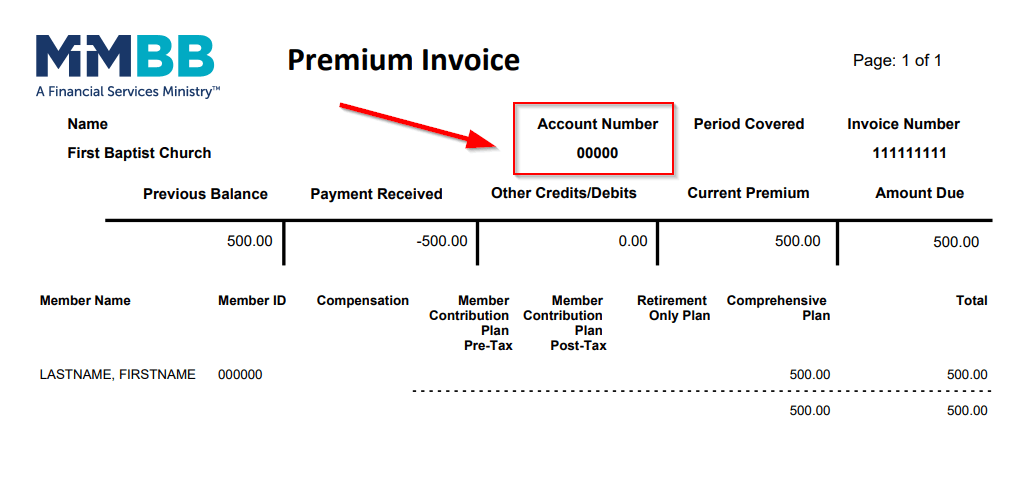What You Need to Know to Manage Your Finances in Your 50s
In a previous two-part article, we discussed What You Need to Know to Manage Your Finances in Your 40s. All of the principles in those articles continue to apply in your 50s, but as you progress through your fifth decade of life and begin to think about retirement, it is time to review a few topics, and add several new ones.

Let’s start with the areas we need to review.
Review and update your goals & priorities
Regardless of your age you should be reviewing and updating your goals or priorities on an annual basis. In your 50s, you want to start thinking about what the next stage of your life looks like. Do you hope to retire early? Maybe you are in a job you love, and you envision yourself working to 70, or possibly moving to part-time work, and supporting yourself from reduced employment income that is supplemented by tapping into retirement resources. Include in your review any changes you anticipate in your housing during your retirement years as well as accompanying lifestyle changes like travel or hobbies.
Continue to spend and invest wisely
In your 50s you will likely continue in your peak earning years. Some major expenses like children’s college education and mortgages may go away leaving significant amounts of extra cash flow. Work with your financial advisor to see if your savings and investments are on track to financially support the retirement you envision. If not, use the extra money available if you no longer pay a mortgage or college fees to fund your retirement accounts and pay off any lingering debt.
You also want to review your retirement investments and make sure that they are invested appropriately for your desired retirement timeline.
Now let’s look at some new items to focus on in your 50s, paying special attention to building a knowledge base around some important topics for your future retirement.
Long term care insurance
Regular medical insurance and Medicare do not cover the cost of extended stays in a nursing home or other settings where skilled care is provided. Genworth’s 2021 Cost of Care Survey1 for nursing homes showed that the median national cost for a semiprivate room was $7,908 a month. That is over $100,000 a year. Long term care (LTC) insurance is designed to assist with this type of care. It is not cheap insurance, and you should consider your options with a qualified insurance agent or broker and a financial planner that has a good sense of your overall financial picture. The initial premium cost of the insurance tends to be lower the younger you are when you take out a policy, so exploring this topic in your 50s is wise. Additionally, LTC policies have rigorous medical underwriting, so there is an advantage to pursuing these policies while you are healthy.
Social Security
Most of us will pay into Social Security based on every penny we earn from employment, and it is likely to be an important part of your income in retirement. But you have choices with Social Security. Many people are aware of what Social Security calls “your full retirement age” (age 67 for anybody born in 1960 or later), but most people are eligible to start benefits any time between ages 62 and 70. Knowing what your Social Security benefits are is a crucial step in beginning to think about retirement. Start by creating an account with the Social Security Administration at www.ssa.gov and download your current statement. As you begin building a retirement income plan, work with a financial planner who can help you decide when the optimal time is to start your benefits.
Health Insurance
If your plans call for a job change before age 65, or maybe leaving traditional employment with insurance, you will need to find health insurance on your own. The Affordable Care Act (ACA) has made that process simpler through the state and federal insurance exchanges. You can learn about your options and model costs using the federal website, www.healthcare.gov.
Most Americans are eligible for Medicare at age 65, and once over that age and no longer working, it is the primary form of insurance for most people. Even if you are in your 50s, beginning to understand how Medicare works so that you can appropriately integrate it into your retirement plan is good homework. Understanding your options early will help you make wise decisions once you turn 65. A good place to start is with an informative guide that is produced annually by the federal government, Medicare & You.
Don’t go it alone
Your 50s can not only be a time of major life and financial transitions, but for most of us our 50s are also the start of the runway to retirement, which brings even bigger transitions. Beginning to clarify your goals and priorities, evaluating the current state of your resources to reach your goals, and making early course corrections while you still have time to make corrections is the best way to live the life you desire. Working with a financial planner, especially one who holds the designation of Certified Financial Planner™ professional can be a great partnership. They will help you clarify your goals and work with you to create a plan to reach them. Working with a financial planner is one of the benefits of MMBB membership, contact us today to schedule an initial meeting.
1. https://www.genworth.com/aging-and-you/finances/cost-of-care.html
This article is for informational purposes only. MMBB is not responsible for the results of using the information in this article. MMBB does not endorse any third party links contained in the article.








 Next
Next


